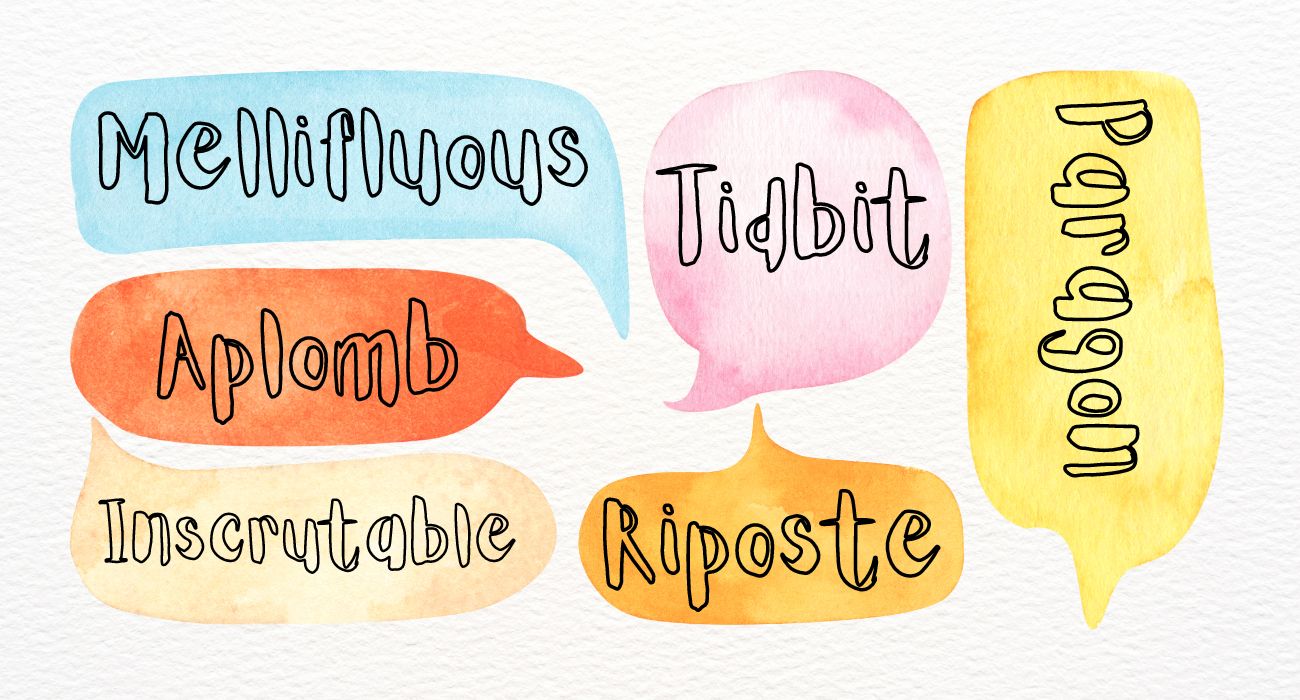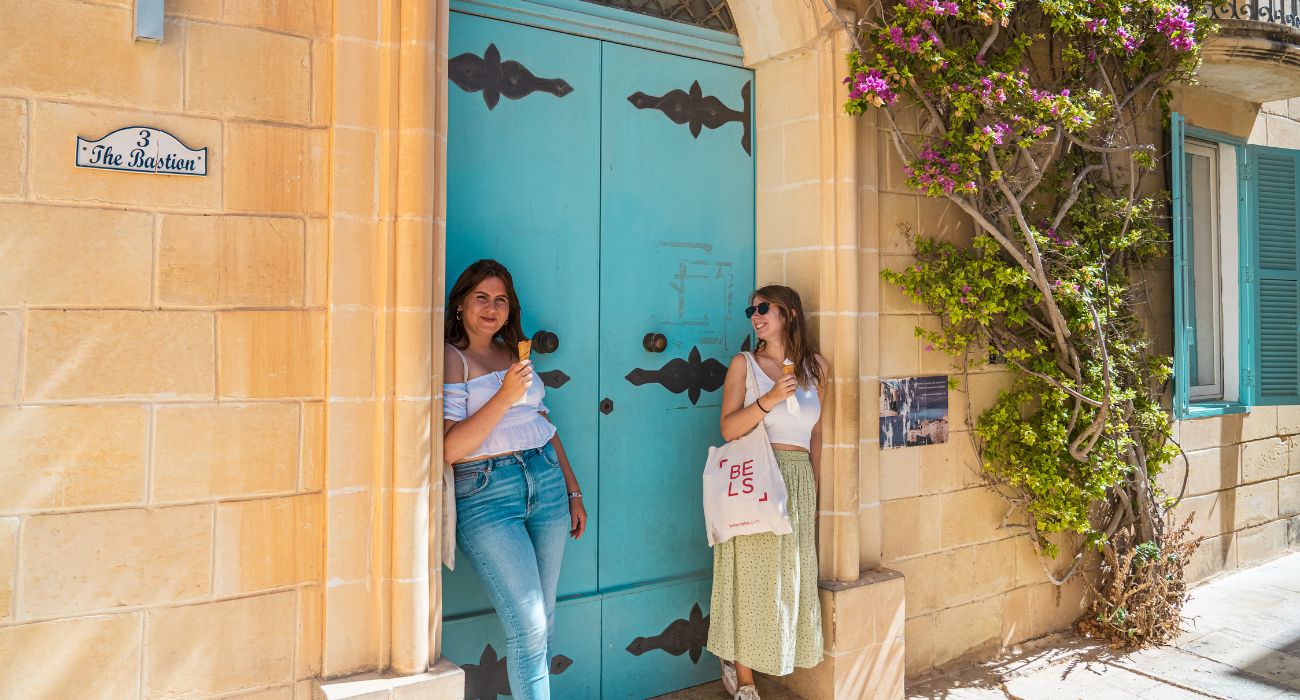How to Spot and Dodge False Friends in English
If you’re learning a new language, you might have encountered funny and confusing moments when you encountered false friends in the English language. These words look or sound similar in two languages but have different meanings. Language is a fascinating maze filled with surprises; false friends are the hidden traps that can catch even the most seasoned language learners off guard. In this blog, we’ll list the 10 most common false friends in multiple languages.

Spanish-English False Friends
English and Spanish are two languages that share Latin roots and have some hilarious false friends that can lead to misunderstandings. Here are the top 10 false friends in the English language for Spanish speakers to watch out for.
- Embarazada vs. Embarrassing: Let’s kick off our list with a classic false friend – “embarazada.” In Spanish, this word means pregnant, not embarrassing. However, many English speakers mistakenly use it in English, thinking it means something awkward or funny. Example in English: “I felt so embarrassed when I tripped over my feet in front of everyone.”
- Constipado vs. Constipated: The false friend “constipado” in Spanish doesn’t refer to digestive discomfort but rather to having a cold or being congested. English speakers should be careful not to confuse this term with the English “constipated.” Example in English: “I can’t go out tonight; I’m feeling constipated.”
- Emocionado vs. Emotional: While “emocionado” in Spanish may sound like it means emotional, it actually means excited or thrilled. English speakers might mistakenly use it to convey feelings of sentimentality. Example in English: “I got so emotional watching that heartwarming movie.”
- Actual vs. Actual: This false friend is tricky because the words look and sound the same in both languages but have different meanings. In English, “actual” means real or existing, whereas in Spanish, “actual” translates to current or present. Example in English: “The actual cost of the item was higher than I expected.”
- Sensible vs. Sensible: Another pair of identical-looking words with distinct meanings. In English, “sensible” means practical or reasonable, while in Spanish, “sensible” refers to someone sensitive or emotionally responsive. Example in English: “She gave me a sensible piece of advice about budgeting.”
- Chef vs. Chef: Although the pronunciation is similar, the meanings are different. In English, a “chef” is a professional cook, whereas in Spanish, “chef” simply means the head or leader of a group. Example in English: “The chef prepared a delicious meal for the guests.”
- Exit vs. Éxito: This false friend is a bit misleading. In English, “exit” is a way out, while “éxito” means success in Spanish. The confusion here lies in the words’ similarity and association with movement. Example in English: “Take the next exit on the highway.”
- Fabric vs. Fábrica: In English, “fabric” refers to material, while in Spanish, “fábrica” means factory. These words sound almost identical, leading to potential mix-ups in conversations. Example in English: “I bought this beautiful fabric to make curtains, not realizing it came from a factory.”
- Library vs. Librería: The false friend “librería” in Spanish does not mean a place where you borrow books; it means a bookstore. In English, “library” refers to a place where books are available for borrowing or reading. Example in English: “I spent the whole afternoon at the library studying for my exams.”
- Parent vs. Pariente: This false friend can lead to familial confusion. In English, “parent” refers to a mother or father, while in Spanish, “pariente” means a relative. Example in English:“I introduced my partner to my parents and relatives at the family reunion.”
French-English False Friends
These Faux amis can lead to amusing confusion, especially for French natives learning English. Be sure to learn the difference between these false friends in the English language if you’re a native French speaker.
- Douche vs. Douche: If you call someone a ‘douche‘ in English, you mean they’re obnoxious. In French, ‘douche‘ means shower. Example in English: “I left the party because my friend was being a douche.”
- Actual vs. Actuel: Similar to the English “actual,” the French “actuel” may seem equivalent, but it means current or present rather than real or existing. Example in English: “The actual date of the event is yet to be confirmed.”
- Chef vs. Chef: While the pronunciation is the same, the meanings differ. In English, a “chef” is a professional cook, whereas in French, “chef” means a leader or head of a group. Example in English: “The chef prepared a gourmet meal for the guests.”
- Fabric vs. Fabrique: In English, “fabric” refers to material, whereas in French, “fabrique” means a factory. The similarity in sound can lead to confusion. Example in English: “I bought this beautiful fabric to make a lovely and unique dress”.
- Sympathique vs. Sympathetic: While they may seem interchangeable, “sympathique” in French means nice or friendly, whereas “sympathetic” in English means expressing compassion or understanding. Example in English: “She was sympathetic when I opened up about my insecurities”.
- Sales vs. Sale: In English, “sales” refers to discounted prices or events, while in French, “sale” means dirty or untidy. This false friend can lead to some humorous shopping experiences. Example in English: 🇬🇧 “I bought these shoes on sales and got them half price.”
- Jolie vs. Jolly: While “jolie” in French means pretty or beautiful, “jolly” in English describes someone being cheerful or lively. The similarity in sound can lead to amusing mix-ups. Example in English: “She looked so jolly in her new dress at the party.”
- Location vs. Location: In English, the word “location” refers to a place or position, but in French, “location” specifically means rental or leasing. Example in English: “We found the perfect location for our next holiday.”
- Actuellement vs. Actually: Although they share a similar beginning, “actuellement” in French means currently or at present, while “actually” in English means in reality or truly. This false friend can confuse due to the overlapping sounds. Example in English: “I am actually from France even though I was raised in the UK”.
- Blesser vs. Bless: In French, “blesser” means to injure or harm, while in English, “bless” means to confer divine favor or to wish someone well. The similarity in spelling might lead to unintentional misunderstandings. Example in English: “Children are blessed while being baptised.”
German-English False Friends
English and German, despite their linguistic similarities, are no strangers to these linguistic traps. As a German speaker learning English, pay attention to these false friends in English language and use.
- Das Gift vs. Gift: In English, giving someone a ‘gift’ is when you give them a present, like on their birthday. ‘Das Gift’ in German means poison/toxic! Not the best present for someone’s birthday. Example sentence in English: She gave me a lovely gift for my birthday.”
- Winken vs. Wink: Everyone can ‘winken‘ but not everyone can wink. In English, a ‘wink‘ is a cheeky or flirty gesture that some people can do by closing one eye. In German, ‘winken‘ just means wave. Example sentence in English: “She gave me a playful wink across the room.”
- Die Art vs. Art: If you see ‘die art’ near a strange word, it’s not what you think. In German ‘die art’ means type/kind/sort and has nothing to do with art as a form of expression. Example sentence in English: “Her art is admired by many.”
- Bald vs. Bald: In English, “bald” means lacking hair on the head. However, in German, “bald” translates to soon. Picture the confusion if someone were to say, “I’m going bald,” expecting sympathy, but instead, listeners are anticipating future plans! Example sentence in English: “He started going bald in his twenties.”
- Genie vs. Genie: In English, a “genie” is a magical spirit that grants wishes. Meanwhile, in German, “das Genie” refers to a genius, someone with exceptional intellectual abilities. Mixing these up might lead to unintentional flattery or magical expectations! Example sentence in English: “I found a genie in a lamp and made three wishes.”
- Billion vs. Billion: In English, a “billion” is a thousand million. In German, “eine Billion” is a trillion. Misinterpreting these numerical differences could lead to significant financial misunderstandings. Example sentence in English: “The project cost over a billion dollars.”
- Eventuell vs. Eventually: In English, “eventually” means something will happen over time. In German, “eventuell” means possibly or maybe. Confusing these terms might lead to unmet expectations or delayed plans. Example sentence in English: “I’ll finish the project eventually.”
- Sensation vs. Sensation: In English, “sensation” refers to a widespread excitement or interest. In German, “die Sensation” means a remarkable event or discovery. Confusing these terms might lead to intriguing, albeit misplaced, news headlines. Example sentence in English: “The news caused a sensation among the public.”
- Handy vs. Handy: In English, “handy” means convenient or useful. In German, “das Handy” refers to a mobile phone. Mixing up these words might result in unexpected requests for mobile assistance. Example sentence in English: “A Swiss army knife is quite handy.”
- Rock vs. Rock: In English, a “rock” is a solid mineral substance. In German, “der Rock” is a skirt. A mix-up of these terms might lead to fashion confusion or geological discussions gone awry. Example sentence in English: “She picked up a unique rock during her hike.”
Italian-English False Friends
Language can be a tricky beast, and even though English and Italian belong to different language families, they share a plethora of similarities. Take note of these 10 false friends between Italian and English languages.
- Casual vs. Casuale: In Italian, “casuale” means random or accidental, not informal or relaxed as in English. Example sentence in English: “It’s just a casual outfit.”
- Camera vs. Camera: In Italian, “camera” means a room, whereas in English, it’s the thing you use to take photos. Example sentence in English: “I need a new camera before our trip to Africa”.
- Sensitive vs. Sensibile: In Italian, “sensibile” means both sensitive and sensible, not just emotionally sensitive as it does in English. Example sentence in English: “You need to be careful how you speak with her, she’s very sensitive.”
- Eventually vs. Eventualmente: In Italian, “eventualmente” means possibly or if necessary, and not like the English word which means inevitably. Example sentence in English: “We’re still far, we just need to keep on driving along this road and we’ll get there eventually.”
- Intelligent vs. Intelligente: In Italian, “intelligente” means both intelligent and clever, not just smart. In English it refers only to mental capacity like IQ. Example sentence in English: “He’s very intelligent, his IQ is above average”.
- Preservative vs. Preservativo: In Italian, “preservativo” refers to a condom, in English it’s a substance used to preserve food. Example sentence in English: “Foods with a lot of preservatives are not healthy”.
- Magazine vs. Magazzino: In Italian, “magazzino” means a warehouse, in English it’s an entertainment publication normally released once per month, like National Geographic or Cosmopolitan. Example sentence in English: “I bought a fashion magazine to read on the plane.”
- Actual vs. Attuale: In Italian, “attuale” means current or present, not real or factual as in English. Example sentence in English: “The actual situation is different than what you think.”
- Costume vs Costume: In Italian, “costume” means suit or outfit, whereas in English it’s a themed attire that you wear in Carnival or Halloween. Example sentence in English: “She wore a beautiful costume for Halloween.”
- Intend vs Intendere: In Italian, “intendere” means to understand, not to plan or mean to do something. In English, it shows the purpose and logic in doing something. Example sentence in English: “I didn’t intend to offend anyone.”
Turning Words into Experience: Join Immersive English Courses with us in Malta.
Hey there! Are you ready to take your English to the next level? Join us on a unique language-learning journey in beautiful Malta and Gozo! Our English courses in Malta and Gozo go beyond the boring classroom and allow you to experience real-life situations. Doing this will deepen your understanding of the language and reinforce your vocabulary usage, making it easier to remember. Don’t miss out on this amazing opportunity to improve your English skills! We’re waiting for you at our schools in Malta and Gozo. Want to learn more? Just email us at [email protected], and we’ll set up a consultation session in your language.
Learn English with a Top School
Whether you'd like to improve English for personal, career or academic goals - we've got a course for you.
View Offers


